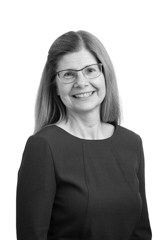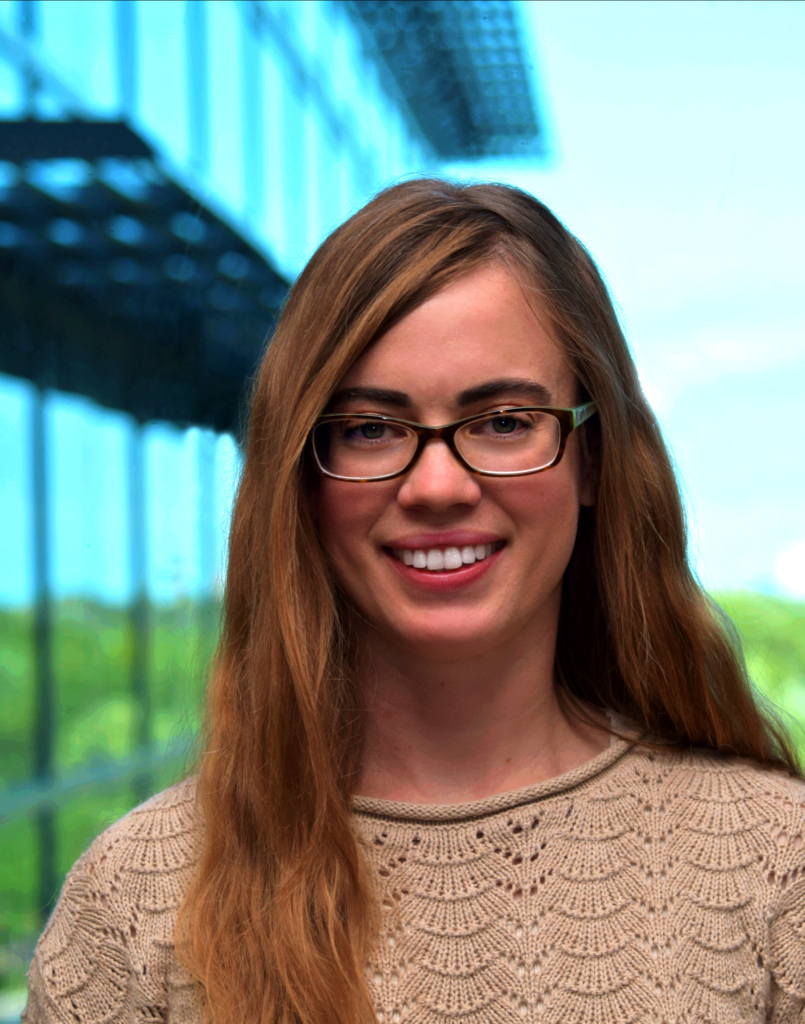Susan Rundell Singer, Ph.D., Vice President for Academic Affairs and Provost, Rollins College; President-elect of St. Olaf Colleg

Engaging undergraduates in research in the U.S. dates back 200 years, influenced by the German university model that brought students and faculty together as research collaborators. Rensselaer Polytechnic Institute was one of the early adopters. Founded in 1834, lecturing at RPI was eschewed in favor of students engaging in experimental work as the core pedagogy. Key breakthroughs in genetics were made by undergraduates at Columbia in the 1920s. The launch of Sputnik led to federal funding for undergraduate research in the late 1950s. For decades after, the traditional apprenticeship model of summer research or engagement during the academic year defined undergraduate research. The model expanded to the broader range of disciplines. Across many institutions these opportunities are now open to all students, regardless of major.
By the mid-2000s, there was growing research documenting that undergraduate research was key in the retention, graduation, and pursuit of graduate studies. The impact of research experiences has a particularly strong and positive impact on members of traditionally marginalized groups. Concurrent with the recognition of impact was the recognition that the traditional apprenticeship model doesn’t scale and most students did not benefit from this vital learning opportunity. New approaches to scaling impact have emerged through course-based research afford more equitable and inclusive access to this high impact practice. Embedding research in courses makes it possible for students with extensive employment commitments to benefit. The approach has effectively created opportunity in both 2-year and 4-year institutions. As the research on undergraduate research advances, more is emerging about the specific benefits to different approaches and a clearer articulation of value of learning through research experiences.
Susan Rundell Singer, Ph.D, is an experienced national and institutional leader in higher education, uplifting the value of a liberal arts education. Currently, she serves as Vice President for Academic Affairs and Provost at Rollins College and is President-elect of St. Olaf College. Previously, she led the Division of Undergraduate Education at the National Science Foundation (NSF) and was the Laurence McKinley Gould Professor of Biology at Carleton College, where she directed the Perlman Center for Learning and Teaching. Recruited to NSF by the White House, she was charged with implementing holistic, evidence-informed approaches to increase persistence and success of all undergraduates. She led 14 federal agencies in achieving the undergraduate goals of the first Federal STEM Education 5-year Strategic Plan, including producing one million more STEM graduates by 2018. She pursues a career integrating higher education and science aimed at improving undergraduate education at scale. Her scholarship focuses on partnerships and networks of organizations collaboratively advancing undergraduate STEM education, with an emphasis on diversity, equity, inclusion, and belonging. Equitable and excellent undergraduate education is a signature element of her successes at Carleton, NSF, national organizations, and Rollins, enhanced by a strong track record with partnerships and fundraising. Susan is an American Association for the Advancement of Science (AAAS) Fellow, and recipient of the American Society of Plant Biology teaching award and Botanical Society of America Charles Bessey award. She is a past-chair of AAAS’ Education Section. Currently, Susan is an Association of American Universities Senior Scholar, chairs the National Academies of Science, Engineering, and Medicine (NASEM) Board on Science Education, and serves on the Board on Life Sciences and the Roundtable on Systematic Change in Undergraduate STEM Education. She chaired several NASEM studies, including Discipline-based Education Research. Her Ph.D. is in Biology, from Rensselaer Polytechnic Institute.
April 11, 2023









